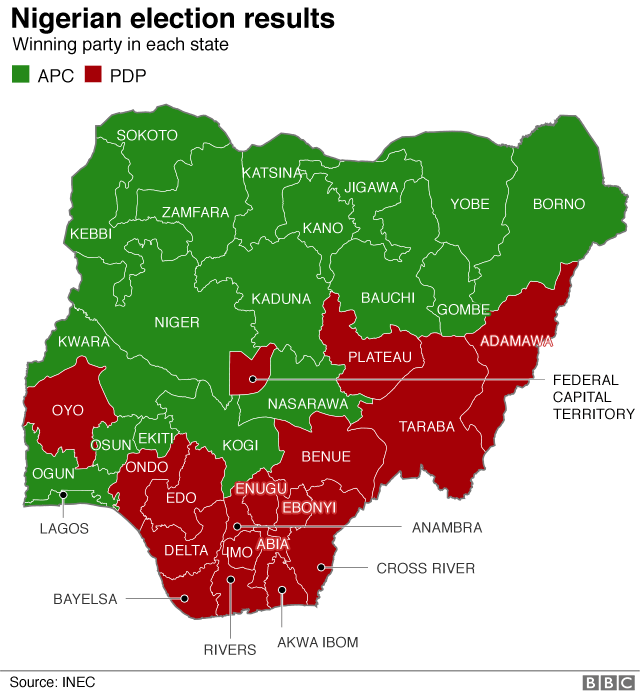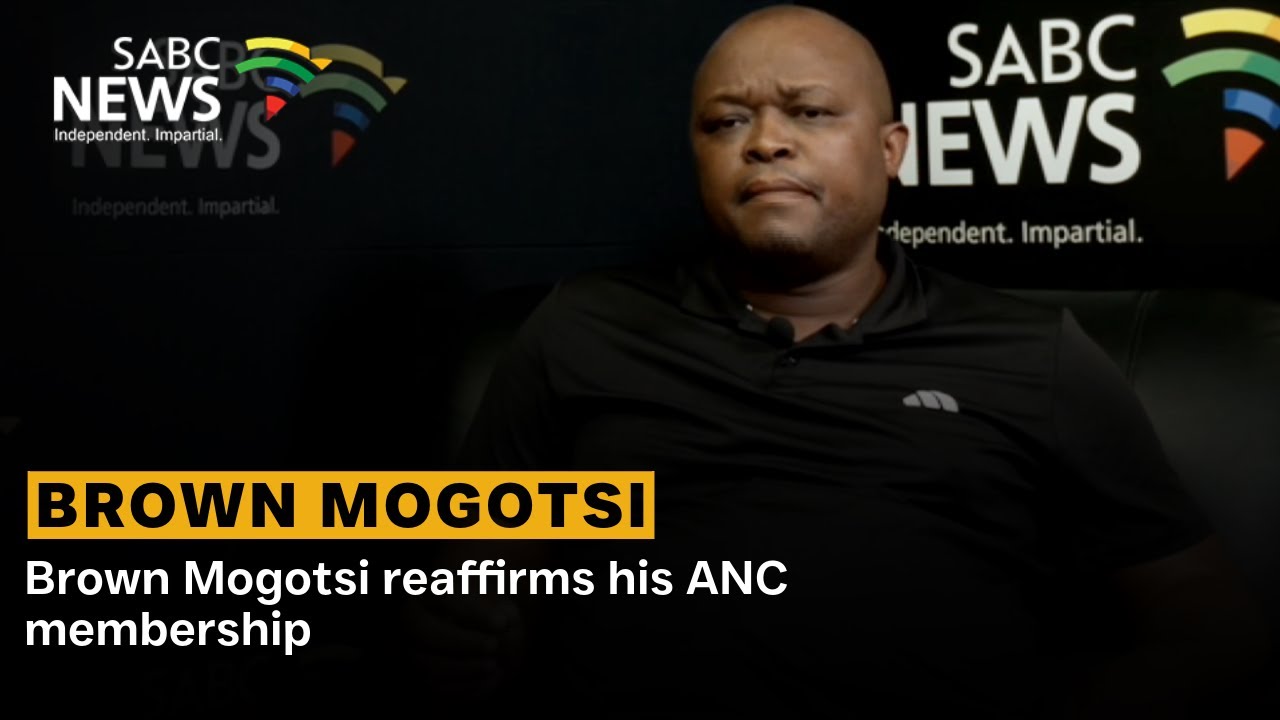Introduction
Emmanuel Macron, serving as the President of France since 2017, has significantly influenced both national and European politics. His approach to governance, as well as his progressive policies, have had lasting implications for France’s role in the European Union and its international stature.
Macron’s Early Political Career
Before his presidency, Macron had an illustrious career as an investment banker and was appointed Minister of Economy, Industry and Digital Affairs in 2014. His unique background equipped him with a comprehensive understanding of economic affairs, which he later leveraged during his presidency. In 2016, he founded his political movement, La République En Marche!, which aimed to transcend traditional party lines and attract both left- and right-leaning voters.
Key Policies and Reforms
Upon taking office, Macron emphasized economic reform, labor market changes, and pro-European Union policies. He introduced a series of initiatives aimed at revitalizing the French economy, including tax cuts for businesses and an overhaul of labor laws in order to reduce unemployment and enhance flexibility in the job market.
Macron’s government also focused on ecological issues, pledging an ambitious commitment to environmental sustainability. He hosted the One Planet Summit in 2017, which reinforced France’s leadership in global climate talks after the United States’ withdrawal from the Paris Agreement.
Controversies and Challenges
Despite his efforts, Macron’s presidency has not been without challenges. His administration faced significant backlash from various groups, particularly during the “Yellow Vest” protests that erupted in 2018. The protests were largely fueled by rising fuel taxes and growing frustration over economic inequality. In response, Macron has made efforts to connect with rural voters and address their concerns, which some view as a shift towards populism.
The Global Stage
Macron has also played a pivotal role on the international stage. He has advocated for a stronger, more united Europe, pushing back against nationalism and protectionism. In light of current global challenges, such as the COVID-19 pandemic and geopolitical tensions, his call for increased European sovereignty has resonated widely, although it has also faced criticism from neighboring countries wary of stronger central authority.
Conclusion
As Emmanuel Macron continues to navigate the complexities of both domestic and international politics, his leadership will remain pivotal in shaping France’s future. The implications of his policies are likely to influence not only France’s economy but also its role within the European Union. Looking ahead, Macron’s ability to unify various political factions and manage public dissent will be crucial to his administration’s success. In an increasingly polarized world, Macron’s approach offers insights into the challenges and opportunities facing modern leadership.


